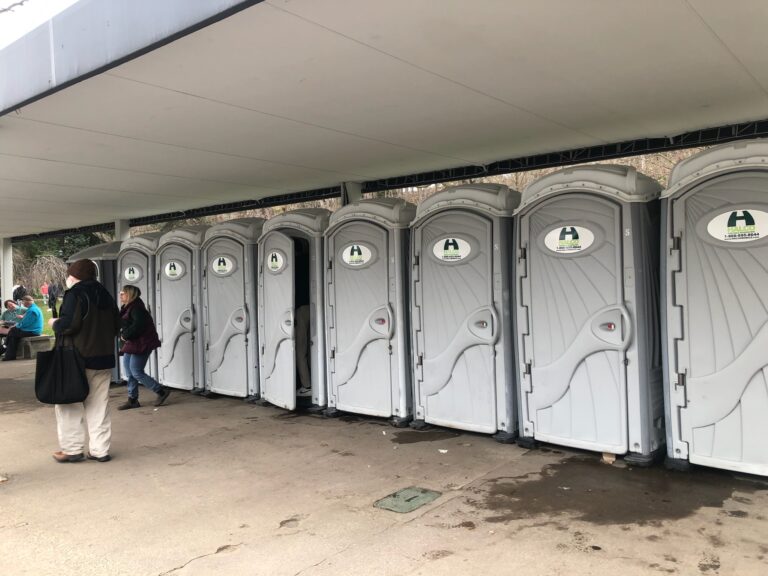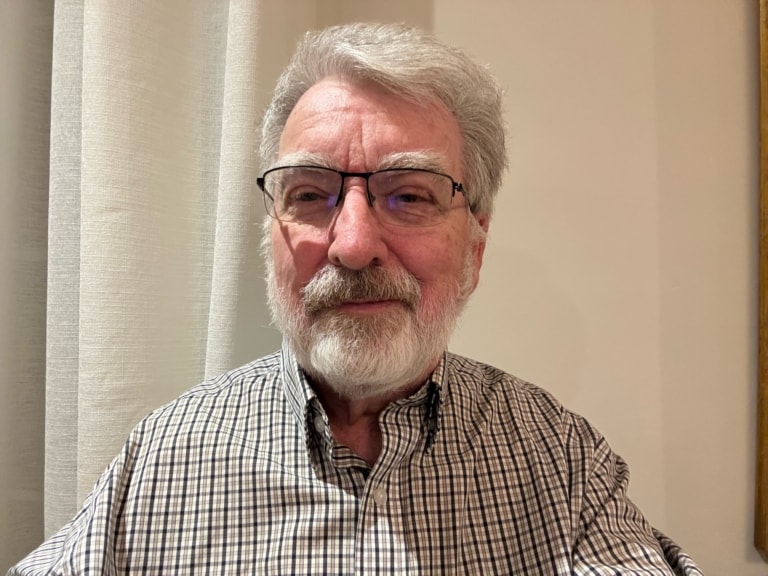Kevin MacLean
Managing Editor
We live in a white supremacist society.
This doesn’t mean people attending clandestine KKK meetings, but rather that our world’s dominant social, cultural and power structures are overwhelmingly white-centric.
If you doubt the veracity of that statement, please dig deeper.
One of the side effects of this structured society is that BIPOC (Black, Indigenous, people of colour) and marginalized individuals suffer. We see it daily in the news and in the stories people tell.
Remember, the words people use are important. They define us and others. In recent weeks, in the pages of The Lake Report, there has been debate about issues of race in Niagara-on-the-Lake, sparked in part by the findings of a survey by the town’s inclusivity committee.
Some of this conversation has been constructive and, intended or not, some of it has been harmful in its treatment of BIPOC individuals.
As a society, we all know we can “do better” but to do what is right and what is needed is going to require a sea change in how the dominant, white culture often approaches and deals with issues of race.
We cannot simply wish away and erase racism in all its permutations. We must deal with the realities and issues of race head-on and openly.
But above all, we must listen.
Listen to the stories and the lived experiences of BIPOC residents, recognize that their story is THE story when it comes to living a racial existence.
If you’re part of the white majority, frankly, your opinion and experience is largely irrelevant. You are not subjected daily to the attitudes, microaggressions and violence that a racialized person endures.
Being well-intentioned is not enough. If you want to help ameliorate racism, understanding is key. Not from the outside or the comfortable, theoretical white, privileged sidelines – but from the perspective of those affected.
And if you don’t think you’re privileged if you are white, think again – and read and educate yourself.
Whether people are Black, brown, Indigenous, Asian or any blend of the racial construct, when it comes to race, it is their experience that matters.
Many white folks like to say they are “colour blind” on race issues. However, that diminishes and ignores the truth that colour can largely define a BIPOC individual.
These are not easy notions for many in the majority to embrace. But on issues of race, when we start to say things like “I think” or “You should” or “This is how,” we need to stop ourselves.
This concept, called tone policing, attacks the tone or delivery of racialized people’s messages rather than dealing with the issue. It changes the channel, makes it about us, the majority, rather than about those who are aggrieved.
So, hear their stories. Read, research, empathize and learn. Then act.
If you want to be an ally and friend, if you want to “make it better,” first you must listen.











